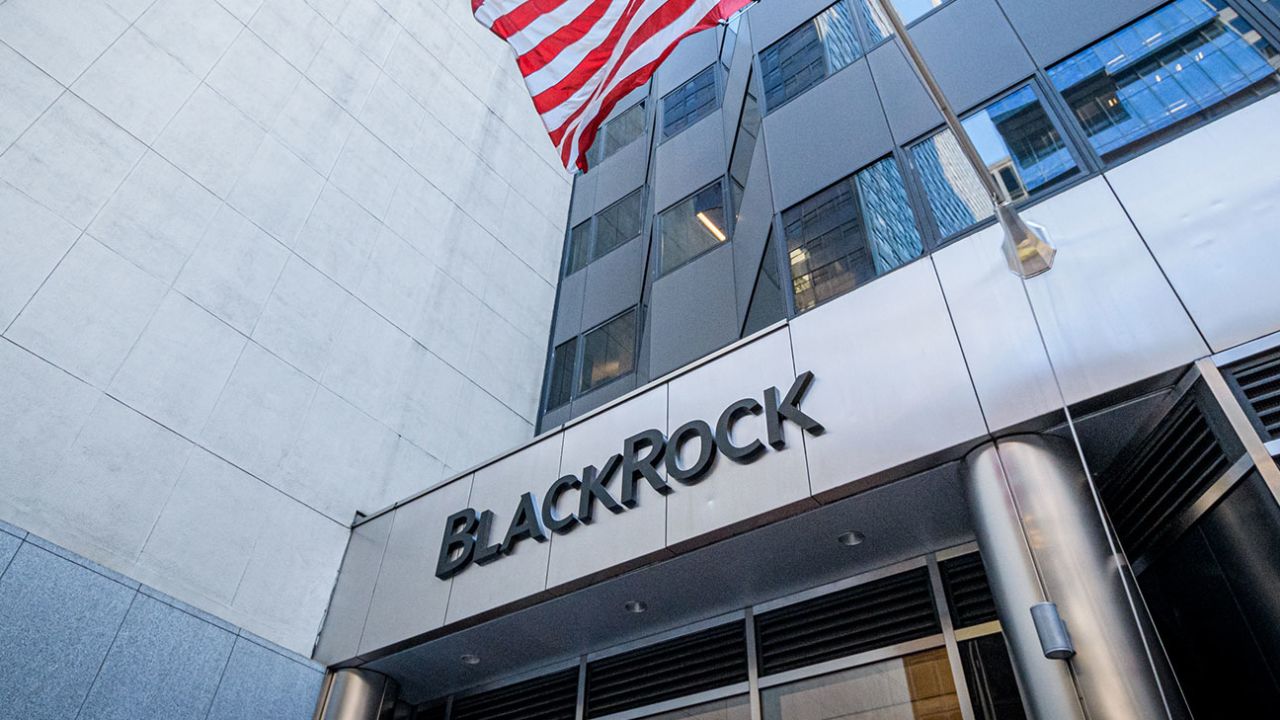BlackRock, a leading global investment management firm, has raised concerns about the treatment of spot-crypto and crypto-futures exchange-traded fund (ETF) applications by the U.S. Securities and Exchange Commission (SEC).
BlackRock recently confirmed its plan to launch a spot-Ether (ETH) ETF called the “iShares Ethereum Trust.”
The firm’s application, submitted by Nasdaq on November 9 through the 19b-4 form, questions the SEC’s handling of spot crypto ETFs, arguing that the agency’s reasons for consistently denying these applications are based on incorrect regulatory distinctions between futures and spot ETFs.
The SEC has not yet approved any spot-crypto ETF applications but has granted approval to several crypto futures ETFs.
The SEC has cited the supposedly superior regulation and consumer protections provided under the 1940 Act for crypto futures ETFs, in contrast to the 1933 Act that covers spot-crypto ETFs.
The agency also appears to favor regulatory and surveillance-sharing agreements with the Chicago Mercantile Exchange’s (CME) digital asset futures market.
READ MORE: Nigeria and Raspberry Pi Foundation Collaborate to Launch Code Clubs
BlackRock disputes the relevance of the SEC’s preference for the 1940 Act, arguing that it places restrictions on ETFs and ETF sponsors rather than on the underlying assets of the ETFs.
The firm contends that the distinction between the registration of ETH futures ETFs under the 1940 Act and spot ETH ETPs under the 1933 Act is essentially meaningless in the context of ETH-based ETP proposals.
BlackRock emphasizes that since the SEC has approved crypto futures ETFs via the CME, it has effectively acknowledged the CME’s ability to detect spot-market fraud that could impact spot ETPs.
Therefore, BlackRock believes that the SEC lacks a justifiable reason to reject its spot-Ether ETF application under its current regulatory framework.
Many crypto and ETF analysts anticipate that the first SEC approval of a spot crypto ETF, possibly related to Bitcoin, is imminent.
Bloomberg ETF analysts James Seyffart and Eric Balchunas even predict a 90% chance of approval before January 10 of the following year, signaling the potential expansion of the crypto ETF market.
Discover the Crypto Intelligence Blockchain Council




